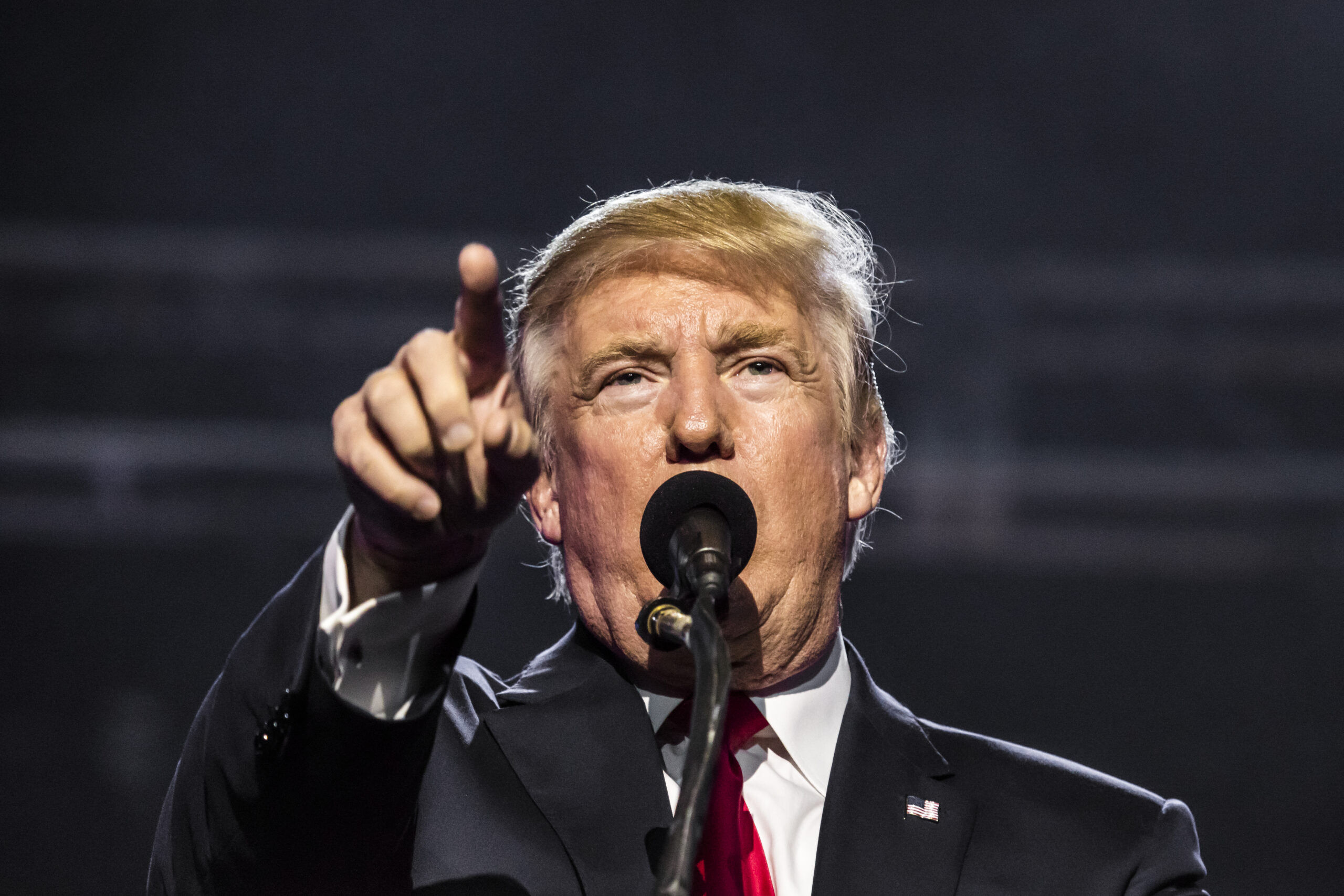Nasdaq has submitted a Form 8-K to the U.S. Securities and Exchange Commission (SEC) suggesting a substantial extension of its cryptocurrency benchmark.
By adding XRP, Solana (SOL), Cardano (ADA), and Stellar Lumens (XLM), the plan aims to increase the number of digital assets included in the Hashdex Nasdaq Crypto Index US ETF (NCIQ) benchmark from five to nine.
Transitioning Nasdaq ETF Benchmark
Although the index the Hashdex ETF tracks includes other assets, regulatory restrictions now restrict its holdings to just Bitcoin and Ethereum. Since the ETF cannot completely replicate its benchmark until it obtains additional regulatory clarity, this has resulted in a tracking error risk.
Pending SEC clearance, anticipated by November 2, 2025, the proposed increase aims to align the ETF’s holdings with the evolving cryptocurrency market.
The application, dated June 2, 2025, seeks to replace the Nasdaq Crypto US Settlement Price Index (NCIUS) with the more comprehensive Nasdaq Crypto Index (NCI) as the ETF’s benchmark.
If adopted, the NCIQ ETF would track a basket of nine well-known cryptocurrencies, including Bitcoin (BTC), Ethereum (ETH), XRP, Solana, Cardano, Stellar Lumens, Chainlink (LINK), Litecoin (LTC), and Uniswap (UNI).
Nasdaq claims that the revised index will offer institutional investors two essential benefits: improved liquidity and uniform pricing requirements. These attributes, according to regulatory commentators, were crucial in the SEC‘s earlier licensing of Ethereum ETFs and spot Bitcoin.
To enable U.S.-listed ETFs to provide diversified exposure to a wider range of digital assets, this extension is a crucial step. The change may encourage greater participation from institutional and individual investors by providing a more accurate representation of the cryptocurrency market’s size and activity, potentially leading to the development of new products.
If approved, this may significantly alter the way people invest in cryptocurrencies in the US by enabling ETFs to hold a broader range of digital assets and providing investors with a clearer view of the market, which is subject to frequent changes.
READ MORE: Bitcoin Price Prediction as Brad Garlinghouse Delivers His 2025 Target















